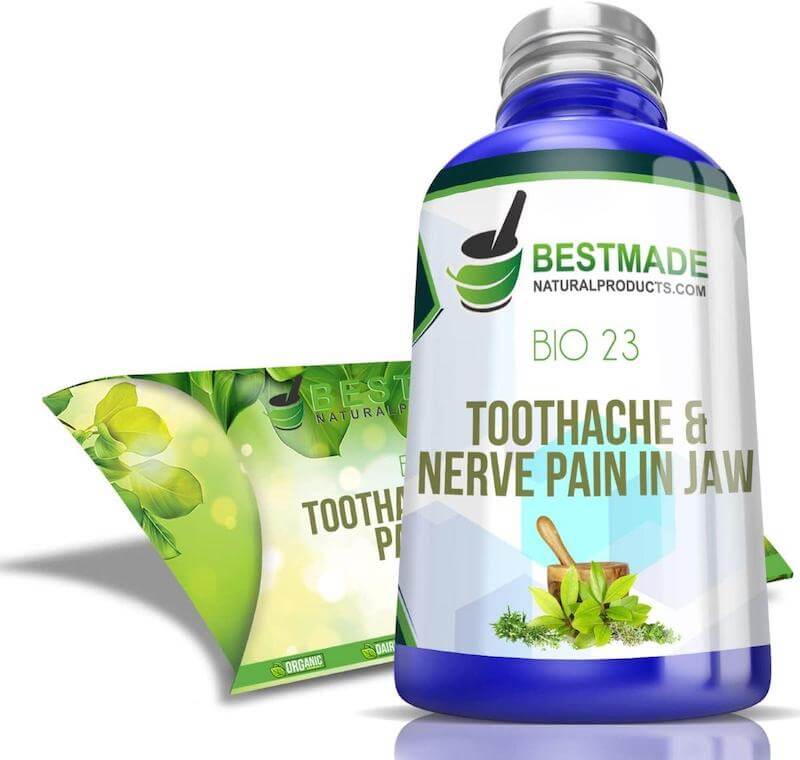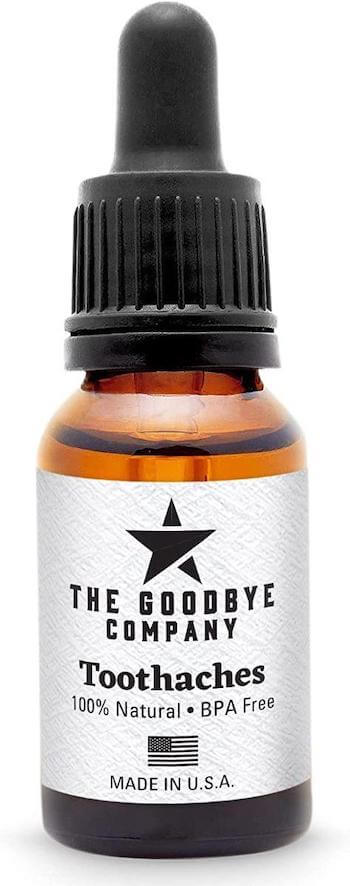If you’re like most people, the mere mention of a root canal is enough to make you cringe. Root canals can be undeniably one of the most painful dental procedures, though the dental industry has made strides to make them less painful than they used to be.
The pain is caused by inflammation and infection of the dentin and pulp, which is the tissue inside the tooth that contains nerves and blood vessels.
It’s no secret that root canals have a bad reputation; after all, they are often associated with pain and discomfort. But what many people don’t realize is that root canal procedures have come a long way in recent years, and they are no longer the nightmares they once were. In fact, root canals are now relatively quick and can be less painful than expected. They can save your tooth—and your smile.
What exactly is a root canal? And what can you expect during the procedure and afterward? Keep reading to find out.
What is a root canal?
A root canal is a dental procedure that is used to treat an infected tooth by preventing bacteria from entering sensitive areas that have decayed and then multiplying. This causes the tooth to become increasingly damaged. If left untreated, the infection can spread to other parts of the mouth and eventually lead to tooth loss.
During a root canal, the dentist will remove the damaged pulp from the tooth, as well as any bacteria or debris.

Once the area has been cleaned out, the tooth will be sealed to prevent re-infection. The tooth is then sealed and protected with a filling or crown.
Although root canals can be painful, they are often necessary to save an infected tooth. Without treatment, the infection will only get worse, eventually causing the tooth to fall out.
While root canals used to be quite painful, thanks to advances in dental technology, they are now relatively quick and much less painful. In fact, many patients report that the procedure is no more uncomfortable than having a filling placed.
What causes the need for a root canal?
The most common cause of a root canal is decay or injury to the outermost layer of cementum, which is a group of cells that make up the hard enamel surface. This damage allows bacteria to enter and multiply, leading to infection.

- This is why damaged fillings need to be corrected as soon as possible, so that the exposed area of the tooth does not have bacteria multiplying within it for a prolonged amount of time. If it does, there will eventually be a need for a root canal procedure.
- Other causes of root canals include excessive plaque buildup on the teeth and periodontal disease, which is an inflammatory condition affecting the gums.
Are root canals painful?
Most people report feeling a moderate to severe level of pain during and after the procedure. The pain typically peaks a day or two after the procedure, but it should subside within a week. In some cases, however, the pain may persist for longer. If you’re considering a root canal, it’s important to speak to your dentist about your pain tolerance and what you can expect in terms of pain relief.
2 Highly Effective Natural Solutions for Root Canal Pain
- If you are interested in more natural pain relief with no unwanted side effects and you want to skip some or all of the pharmaceuticals that the dentist will prescribe, these are great options to try:
- Toothache & Nerve Pain in Jaw Bio23, for Painful Cavities, Tooth Sensitivity and Pain After Dental Work
Why we recommend Bestmade Bio23 for dental pain:
- 5X more powerful than other natural supplements
- Made with natural cell salts
- Homeopathic
- No unwanted side effects
- Effective pain relief
- 300 pellets
- Highly rated on Amazon
2. Goodbye Toothaches – Tooth Ache Pain Relief with Clove Bud Oil
Why we recommend The Goodbye Company to relieve your pain caused by a root canal before and after your procedure:
- Not only does this oil help soothe the pain and discomfort of the need for a root canal, and the period after the procedure, this oil can prevent future cavities, bad breath and gum disease by creating an environment in your mouth that bacteria doesn’t like
- Helps soothe sore gums
- All organic ingredients
- Made with Omega 3 and 9, and peppermint and clove oils for a powerfully effective blend to benefit mouth hygiene and control pain.
- Highly recommended on Amazon
What to expect during a root canal procedure?
- A root canal is a procedure that is used to treat an infection that has reached the pulp of a tooth.

- The first step of the procedure is to numb the area around the tooth with local anesthesia.
- Once the area is numb, the dentist will make an opening in the tooth so that they can access the pulp.
- The next step is to remove the infected pulp from the tooth. This is done by using small instruments to remove the pulp and clean the inside of the tooth.
- Once the pulp has been removed, the dentist will fill the inside of the tooth with a material called gutta-percha.
- The final step is to seal the opening in the tooth with a temporary filling or crown.
- Root canal procedures typically take one to two hours to complete.
- After the procedure, you may experience some soreness in your jaw and teeth. This is normal and should resolve within a few days.
- It is important to take care of your teeth after a root canal procedure by brushing and flossing regularly and seeing your dentist for regular checkups.
- If you have any questions or concerns about your root canal procedure, be sure to talk to your dentist.
Before starting the procedure, your dentist will numb your tooth and surrounding gums. Once you are numb, the dentist will make an opening in the tooth so that the damaged pulp can be removed. Once all of the damaged pulp has been removed, the tooth will be cleaned and sealed. The entire procedure usually takes about an hour to complete.
After the procedure, you may experience some mild soreness in your gums and teeth. This is normal and should resolve itself within a few days. If you experience any severe pain or discomfort, be sure to contact your dentist right away.
Frequently asked questions
How long does a root canal take?
A root canal typically takes around two hours to complete. The dentist will first identify the area that needs treatment by taking a look at your teeth and x-rays.
He or she will then create a personalized plan based on your individual situation and needs. During the procedure, he or she will clean out the affected area with an antibacterial solution, remove any decay or rotten dental material, and install a new filling if necessary.
If you experience any pain or discomfort during the process, be sure to tell your dentist immediately.
How long after a root canal can you eat?

It is generally recommended that you wait at least two hours after a root canal before eating anything. This allows the area to get a head start on healing properly, which minimizes the risk of complications down the road. Stick to soft foods or soups for a day or two to give your mouth the least amount of stress and potential to aggravate the site of the root canal.
Can I smoke after a root canal?
It’s important to follow your dentist’s instructions for taking care of your mouth after a root canal. This may include not smoking, as smoking can delay healing and increase the risk of complications. This could provide encouragement for you to explore quitting or smoking much less. If you have any questions or concerns, be sure to talk to your dentist.
How long does a root canal take to heal?
Most people heal quickly and are able to resume their normal activities within a few days. In rare cases, complications can occur, such as infection or nerve damage. Can you drive after a root canal?
How to avoid root canal? 4 Ways

1. Regular dental checkups
One of the best ways to avoid needing a root canal is to see your dentist regularly for checkups and cleanings. During these appointments, your dentist will be able to identify any areas of concern and address them before they become serious problems. Additionally, regular dental appointments will help to remove any plaque or tartar that has built up on your teeth, which can prevent tooth decay.
- Good oral hygiene
Another way to avoid needing a root canal is to practice good oral hygiene habits at home. T
This includes brushing your teeth twice a day, flossing daily, and using a natural mouthwash without alcohol. Additionally, it is important to avoid foods that are high in sugar, as they can contribute to tooth decay.
- Avoid grinding your teeth.
Teeth grinding (bruxism) is a common problem that can cause tooth damage and necessitate a root canal.If you think you may be grinding your teeth at night, talk to your dentist about getting a mouth guard. Wearing a mouth guard while you sleep will help to protect your teeth from damage caused by grinding.
- Quit Smoking
Smoking is bad for overall health and can also lead to dental problems such as gum disease and tooth decay. Quitting smoking will not only improve your overall health, but it will also help reduce your risk of needing a root canal in the future.
Can you drive after a root canal?
It is important to wait for the feeling to return to your mouth before driving, as the local anesthetic can cause numbness and make it difficult to control your mouth. It is also important to make sure that the anesthetic has completely worn off before driving.

Most dentists recommend waiting at least two hours after a root canal before getting behind the wheel. If you have any doubts, it is always best to err on the side of caution and ask a loved one or a friend to pick you up. Or, take a taxi, Uber, or public transport instead of driving yourself. Remember, your safety is always more important than getting home quickly.
Concluding Thoughts
If you’re dreading your upcoming root canal procedure, there’s no need to worry—the process is quick and relatively pain-free. And while you may experience some mild discomfort afterwards, it’s nothing that over-the-counter medication can’t handle. So go into your procedure with confidence, knowing that you’re in good hands!
More from thewellthieone.com
The links used on thewellthieone.com are affiliate links, which may provide a small commission. This does not increase the price of the goods for the consumer whatsoever. What it does is ensure that useful content like this can continue to be produced. Thank-you for enjoying our content and allowing us to continue to provide more.



